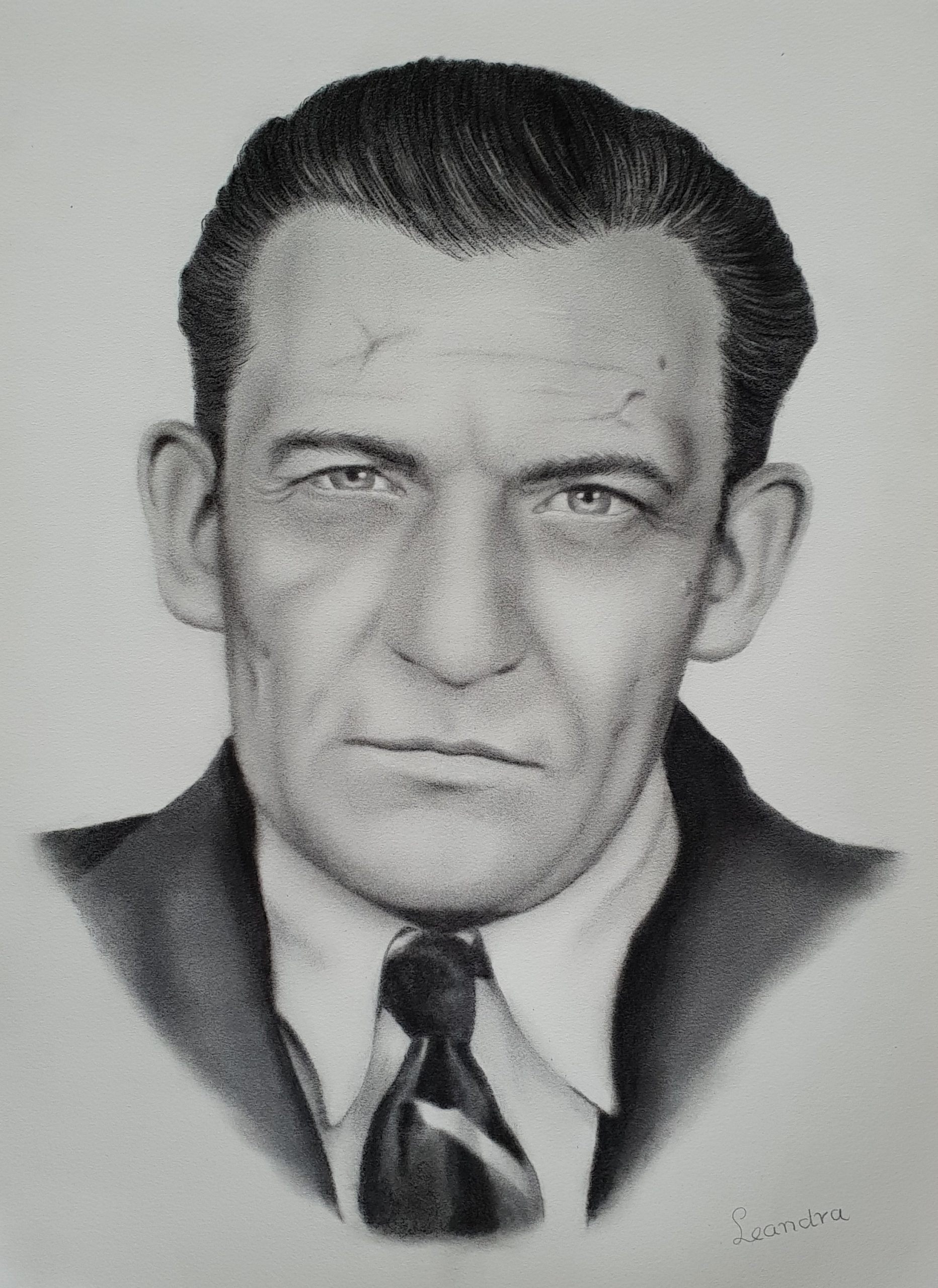Jakob Fries

SS-Oberscharführer Jakob Fries was born on 2 May 1913 in Albertshofen. He was the son of an unskilled worker. After school, he learned the profession of painter and earned his living as a journeyman painter.
After the beginning of the National Socialist era, Fries joined the SS and from 1934 he belonged to the guard team in the Dachau concentration camp. From there he was transferred to the Sachsenhausen concentration camp, where he headed the penal company from 1938.
In 1941 he was sent to the Flossenbürg concentration camp, where he was a block leader. From 6 May 1942 to 28 December 1943 he was employed as a labor service and rapport leader in the Auschwitz concentration camp. Subsequently, he did military service as a member of the Waffen-SS.
The Auschwitz survivor Rudolf Vrba, after his shock at the suspension of proceedings against Fries and other defendants, decided to publish his experiences during the camp period. Vrba met Fries immediately after his arrival in the Auschwitz concentration camp in the summer of 1942 in front of the gate with the infamous words ‘Arbeit Macht Frei”: “We were patterned by an SS Oberscharführer, one of the tallest men I had ever seen, a jagged mountain of a man over six feet tall, both hands placed on a huge club. It was Jakob Fries, one of the most brutal men Auschwitz, the mother of so many murderers, ever produced. It wasn’t just the man’s physical appearance, or his broad gangster head, or his cold blue eyes that never blinked, or the indifference with which he looked at the prisoners that made him seem different, even though those things made a huge impression. It was the aura that hung around him, an aura of wickedness, of death, something that made me instinctively know that there was not an ounce of pity or decency or goodness in this massive body.”
Even his colleagues weren’t a fan of Fries. SS Oberscharführer Max Schmidt said: “This man was a giant. We were all afraid of him.” And Schlupper said similarly: “When he was at the gate, everyone was afraid.”
As you would expect from just looking at him, this tall man with a strong build had an extreem low voice. After all, he was an avid smoker.
After the end of the war, Fries was sentenced to 14 years in prison by the Nuremberg-Fürth Regional Court on 30 January 1952 for Nazi violent crimes committed in Sachsenhausen concentration camp.
He was released early from prison on 29 September 1960. As a result of court accusations regarding participation in selections on the ramp and execution of shootings on the Black Wall, that was located between Block 10 and 11, Fries was taken into custody on the occasion of the 1st Frankfurt Auschwitz Trial on 12 June 1961. Fries testified that he had only taken part in executions in the Flossenbürg concentration camp. Before the start of the trial, the proceedings against Fries were provisionally discontinued in mid-1963, which, according to Werner Renz, a German scholar, had the following causes: “Fries could not prove that he had participated in selections on the ramp with decision-making authority. His admission that he had only selected craftsmen for work commandos on the ramp could not be refuted by the accused.” Around this time Fries was married and was plasterer of profession.
On 16 July 1964, however, Fries testified as a witness in the Frankfurt Auschwitz trial. And more than 10 years later on 20 October 1974 he died in his hometown in Albertshofen.
Sources: I Escaped from Auschwitz by Rudolf Vrba / Auschwitz Täter, Gehilfen, Opfer und was aus ihnen wurde by Ernst Klee / Wikipedia
